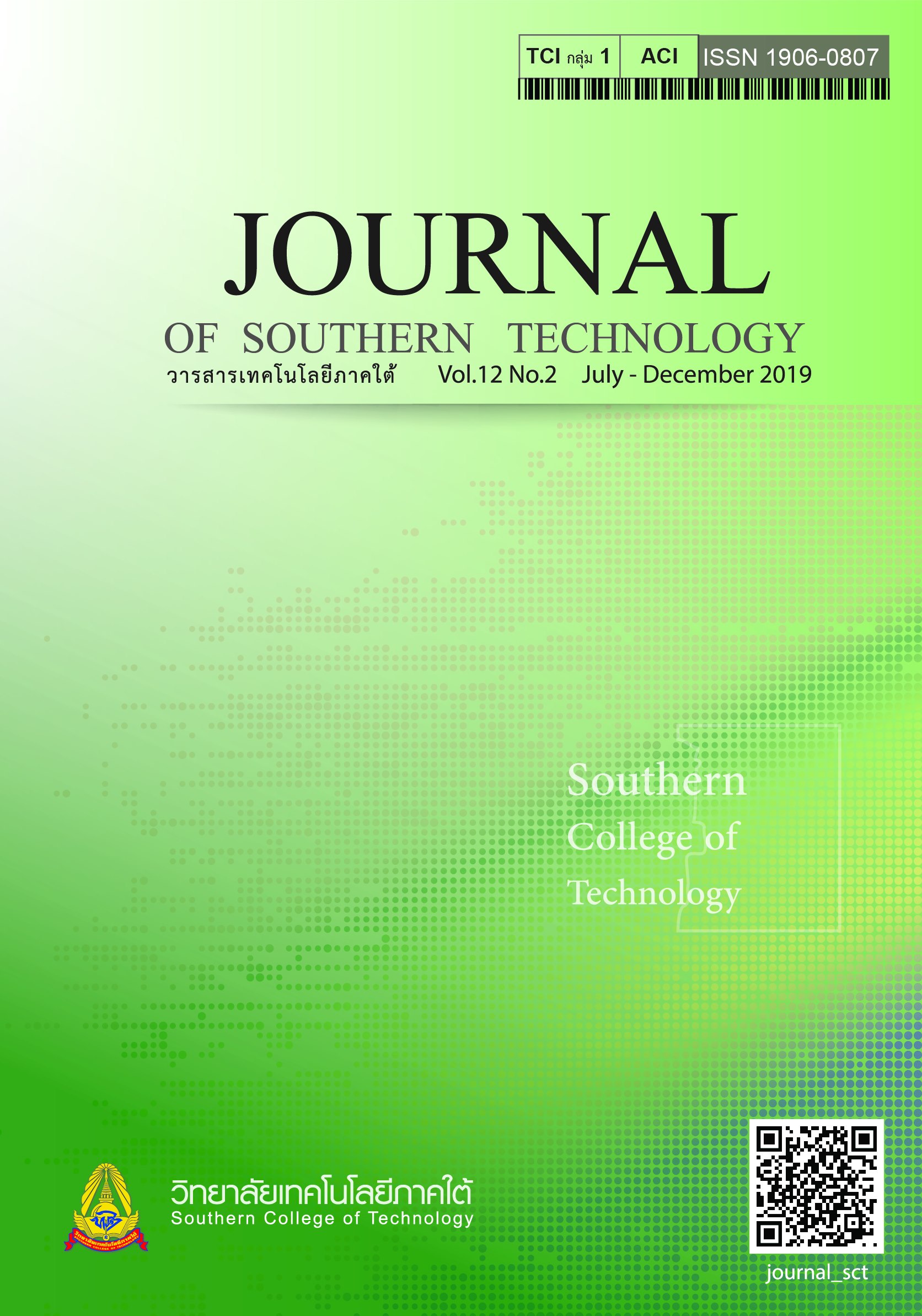East Versus West: Eastern Man and Western Man in the Novel of Shanghai Baby
Main Article Content
Abstract
This research article intends to explore both Eastern and Western men’s portrayals in the Chinese patriarchy through Chinese women’s perspectives. The study examines how men in both regions are presented in the realm of Chinese female narration where woman has all the power to write her own stories. Chinese man, Tian Tian, the major male character and German man, Mark, another important male This research article intends to explore both Eastern and Western men’s portrayals in the Chinese patriarchy through Chinese women’s perspectives. The study examines how men in both regions are presented in the realm of Chinese female narration where woman has all the power to write her own stories. Chinese man, Tian Tian, the major male character and German man, Mark, another important male character are compared to each other because both of them have the great impact on the female prota-gonist, Coco. The novel is read thoroughly. Next, those two male characters are deeply scrutinized and compared. The masculinity theory both from the Western and Chinese (ying/yang’s and wen wu’s theory) is also applied to analyze those two characters. In the Western masculinity theory, Tian Tian is not qualified for the ideal Western man at all for his physical weakness, financially dependent and lack of self-confidence whereas Mark is the good example of the Western ideal man who is strong, attractive, and rich. For Eastern masculinity theory, Tian Tian is yin whereas Mark is yang. For wen/wu’s theory, Tian Tian can partly fit with wen’s theory while Mark is suitablefor wu’s theory. As seen above, the author intends to make the Chinese male character looks feminine and make the Western man looks more masculine. It is the crucial message from the author to stand up for women’s right. Yet, Hui still realizes the reality that wild behavior does not truly liberate woman. In fact, it loses woman’s self-esteem and self-worth. Besides, adoring the Western male character implies the threatening of Western power over the Chinese society. It seems like Chinese people embrace the new arrival of Western culture without discerning about its empowerment over the old Chinese tradition just like Coco cherishes and succumbs to Mark’s sexual appealing.
Article Details
-
Authors must agree to the journal publication rules and allow the editors to edit the manuscripts for publication.
-
Author’s right belongs to the author but Journal of Southern Technology holds the right of first publication and thus allow readers to use the article for the purpose of education but not commercial.
References
Hui, W. (2001). Shanghai Baby. New York: Washington Square Press.
Koetse, M. (2012). Shanghai Baby: Beyond China. University of Amsterdam: Amsterdam.
Louie, K. (2012). Popular Culture and masculinity ideals in east asia, with special reference to China. The Journal of Asian Studies, 71(4), 929.
Şenel, N. (2017). From hegemonic masculinity to masculinity crisis: the exploration of the failure of idealized masculinity on the white screen. Masculinities: A Journal of Identity and Culture, (8), 21.
Strasser, D. (2012). Performed and Perceived Masculinity in Father-Son Relationships from Perspective of Sons: A Thematic Narrative Analysis. Doctor of Philosophy’s Dissertation, University of Denver.
Tan, A. (1993). Women in Society. Singapore: Times Books International.
Velding, V. G. (2015). Growing up Tween: Femininity, Masculinity, and Coming of Age. Doctor of Philosophy’s Dissertation, Wayne State University.
Verberg, G. (2018). China’s ‘Masculinity Crisis’: The Internet Slang that Stereotypes Chinese men. Retrieved [26/1/19] from https://www.whatsonweibo.com/chinas-masculinity-crisis-the-internet-slang-that-stereotypes-chinese-men/
Wong, M. (2016). Performing Masculinity in Peri-Urban China : Duty, Family, Society. Doctor of Philosophy’s Dissertation, The London School of Economics and Political Science.
Zheng, J. (2016). New Feminism in China: Young Middle-Class Chinese Women in Shanghai. Singapore: Springer.
Zhou, L. (2012). The Reconstruction of Masculinity in China, 1896-1930. Doctor of Philosophy’s Dissertation, University of Technology, Sydney.
Zhu, A. (2005). The Cultural Product of Controversy: Feminism, Women Authors, and the Mapping of China. Doctor of Philosophy’s Dissertation, University of Maryland.

